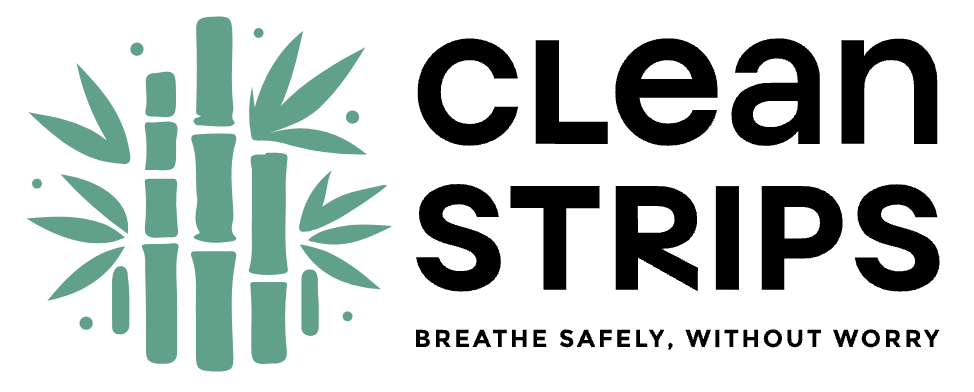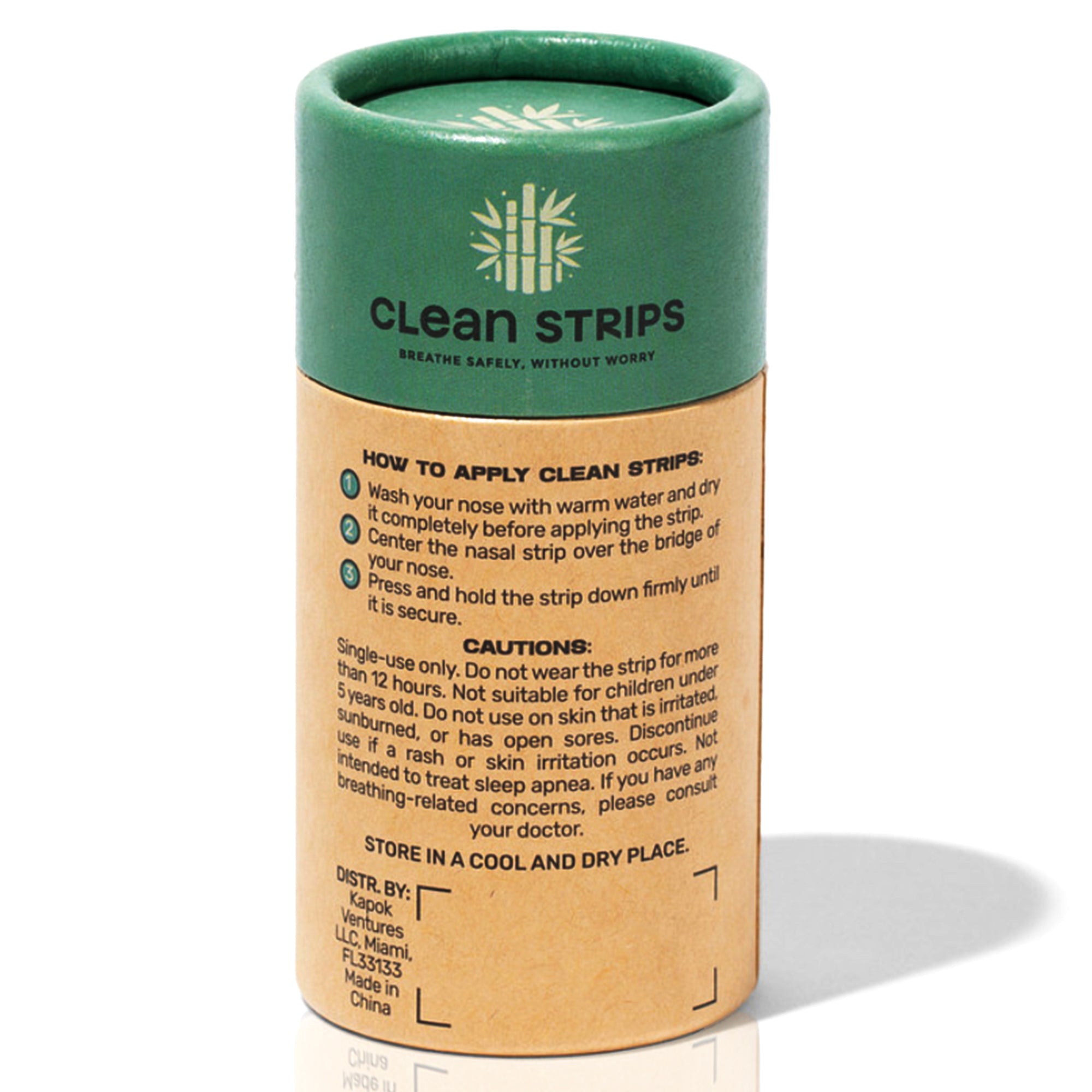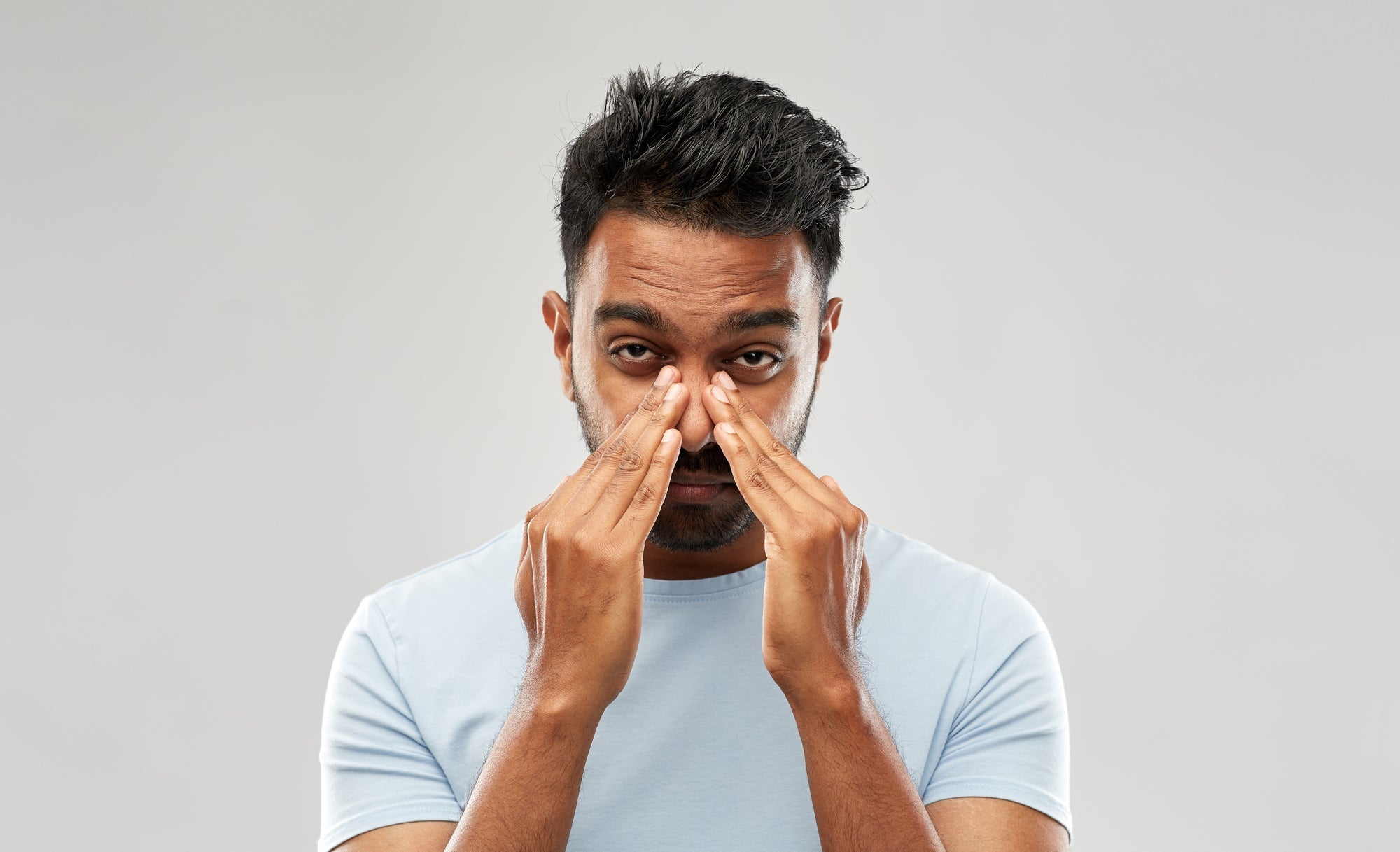Most people don’t think twice about how they breathe, but did you know that breathing through your nose is significantly better for your overall health than mouth breathing? The way you breathe impacts your sleep, oxygen levels, energy, and even facial structure. If you wake up feeling groggy, suffer from snoring, or experience frequent nasal congestion, understanding the difference between nose breathing and mouth breathing could change your life.
Why We Were Designed to Breathe Through Our Noses
The human body is built for nasal breathing, and for a good reason:
-
Filters Air Naturally – The nose acts as a natural air filter, trapping dust, allergens, and bacteria before they enter your lungs.
-
Optimizes Oxygen Intake – Nasal breathing delivers oxygen more efficiently to the body and brain, helping to sustain energy levels and cognitive function.
-
Regulates Humidity and Temperature – The nasal passages humidify and warm the air before it reaches your lungs, reducing irritation and dryness in the respiratory tract.
-
Promotes Better Sleep – Proper nasal breathing helps prevent snoring and sleep apnea by keeping airways open and clear.
The Hidden Dangers of Mouth Breathing and Oxygen Deprivation
Mouth breathing can significantly impact overall health, especially during sleep, when the body is in a restorative state. Problems linked to habitual mouth breathing include:
-
Lower Oxygen Absorption – Breathing through the mouth bypasses the nasal filtration and conditioning process, leading to lower oxygen levels in the blood, which can cause chronic fatigue and brain fog.
-
Snoring and Sleep Apnea – Mouth breathing often leads to airway collapse, increasing the risk of snoring and obstructive sleep apnea (OSA), conditions that disrupt sleep and can have serious cardiovascular consequences.
-
Dry Mouth and Bad Breath – Since the mouth isn’t designed for constant airflow, it becomes dry, leading to bacterial buildup, bad breath, and even dental issues such as cavities and gum disease.
-
Weakened Immune System – The lack of proper air filtration from nasal breathing means more airborne bacteria and viruses enter the lungs, increasing susceptibility to respiratory infections.
-
Facial and Jaw Development Issues – Chronic mouth breathing in children can lead to structural changes in the jaw and face, sometimes requiring orthodontic intervention.
How Nasal Strips Can Help You Transition to Nose Breathing
If you struggle with nasal congestion or mouth breathing at night, nasal strips can help:
✔️ Open nasal passages for better airflow and oxygen intake
✔️ Reduce snoring and improve deep sleep quality
✔️ Prevent dry mouth and throat discomfort caused by mouth breathing
✔️ Help train your body to adopt nasal breathing as the default habit
By consistently using nasal strips, you encourage your body to breathe through the nose naturally, leading to long-term health improvements, better sleep quality, and more restful nights.
Train yourself to breathe better—switch to Clean Strips today!
The human body is built for nasal breathing, and for a good reason:
-
Filters Air Naturally – The nose acts as a natural air filter, trapping dust, allergens, and bacteria before they enter your lungs.
-
Optimizes Oxygen Intake – Nasal breathing delivers oxygen more efficiently to the body and brain.
-
Promotes Better Sleep – Helps prevent snoring and sleep apnea by keeping airways clear.
Mouth breathing, on the other hand, can cause:
-
Dry mouth and bad breath
-
Disrupted sleep cycles
-
Increased risk of respiratory infections
How Nasal Strips Can Help You Transition to Nose Breathing
If you struggle with nasal congestion or mouth breathing at night, nasal strips can help:
✔️ Open nasal passages for better airflow
✔️ Reduce snoring and improve oxygen intake
✔️ Promote deep, restorative sleep
Train yourself to breathe better—switch to Clean Strips today!












Share:
How Nasal Strips Can Help You Breathe Better and Sleep Deeper: A Game-Changer for Snorers and Mouth Breathers
How to Sleep Better as a Stomach Sleeper: The Best Tips for Open Airways and Deeper Rest